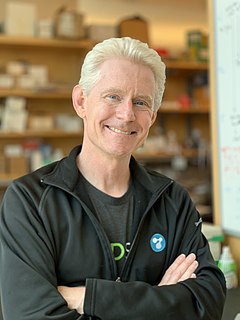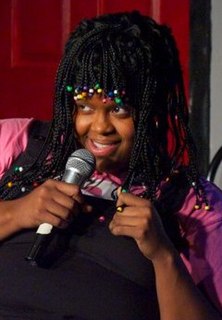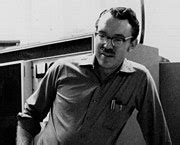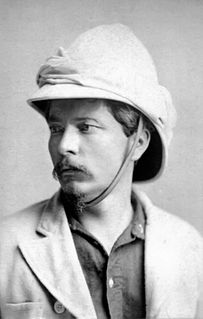A Quote by Joseph DeRisi
I think my formative experiences were really in junior high, where at a typical public school we were doing little genetic experiments, very classic experiments.
Related Quotes
I think it's science and physics are just starting to learn from all these experiments. These experiments have been carried out hundreds and hundreds of times in all sorts of ways that no physicist really questions the end point. I think that these experiments are very clearly telling us that consciousness is limitless and the ultimate reality.
During the time that [Karl] Landsteiner gave me an education in the field of imununology, I discovered that he and I were thinking about the serologic problem in very different ways. He would ask, What do these experiments force us to believe about the nature of the world? I would ask, What is the most. simple and general picture of the world that we can formulate that is not ruled by these experiments? I realized that medical and biological investigators were not attacking their problems the same way that theoretical physicists do, the way I had been in the habit of doing.
Families that I lived with a little bit in junior high and quite a bit in high school and college. Just to have a safe, sane space with food and things like that. That's what I needed. And people were really kind and really generous. So I think the world kind of opened up my first years of performing arts, studying classical saxophone with Caesar DiMauro.
I was obsessed with the scientific instruments people were building and all the weird experiments they were doing. I did actually wind up working in some of that, but there were whole sections I'd written about these instruments that ultimately had to be abandoned when I realized that the book really was about Margaret Cavendish. I couldn't justify using all of them.
[Larry Laurenzano] gave me a junior high school saxophone to take to high school, because I was always taking one of our school horns home to practice and I couldn't afford to buy one. He gave my friend, Tyrone, a tuba and he gave me a junior high saxophone for each of us to use at Performing Arts High School with. My audition piece was selections from Rocky. We were not sophisticated. But we had some spirit about it. We enjoyed it, and it was a way out.
Such pretensions to nicety in experiments of this nature, are truly laughable! They will be telling us some day of the WEIGHT of the MOON, even to drams, scruples and grains-nay, to the very fraction of a grain!-I wish there were infallible experiments to ascertain the quantum of brains each man possesses, and every man's integrity and candour:-This is a desideratum in science which is most of all wanted.
When I examine the conclusion [on experiments with the electric light bulb experiments published in the Herald] which everyone acquainted with the subject will recognize as a conspicuous failure, trumpeted as a wonderful success, I [conclude]... that the writer ... must either be very ignorant, and the victim of deceit, or a conscious accomplice in what is nothing less than a fraud upon the public.
Think, for a moment, about our educational ladder.
We've strengthened the steps lifting students from elementary school to junior high, and those from junior high to high school.
But, that critical step taking students from high school into adulthood is badly broken. And it can no longer support the weight it must bear.



































